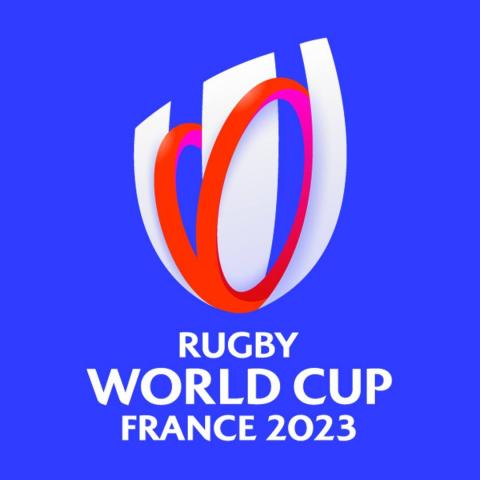South Africa has become as a unique global record holder, having clinched the Rugby World Cup trophy four times.
This remarkable feat was achieved in a tense match at the Stade De France on Saturday, where the Springboks narrowly triumphed over New Zealand with a score of 12-11.
South Africa and New Zealand have been dominant forces in the Rugby World Cup. Up until Saturday they were collectively boasting six titles and sharing a record of three victories each ahead of the final match.
The two nations have collectively secured the last four tournaments, with New Zealand winning the 2011 and 2015 editions, and South Africa claiming the championship in 2007 and the 2019 competition.
This record-setting journey led to a highly anticipated final.
However, South Africa faced an early setback when Shannon Frizell’s challenge on Bongi Mbonambi resulted in an injury that forced him out of the match.
Despite this loss, Handré Pollard secured the first three points for South Africa with a penalty kick.
The African team began the match impressively, putting their opponents under immense pressure.
Codie Taylor’s penalty for an offside infringement allowed Pollard to extend South Africa’s lead to 6-0 just 12 minutes into the game.
Four minutes later, Faf De Klerk’s off-the-ball tackle awarded New Zealand an opportunity to close the gap, which Richie Mo’unga skillfully capitalized on, reducing the deficit to three points.
South Africa’s relentless pressure led to numerous errors by the All Blacks.
Pollard, reliable as ever, extended South Africa’s lead with a successful 40-meter penalty kick, making it 9-3 after 18 minutes of play.
The turning point of the match occurred in the 28th minute when All Blacks’ captain, Sam Cane, received a yellow card, which was later upgraded to a red card.
A minute after this dramatic turn of events, New Zealand was penalized for being offside on the 22-meter line, granting South Africa another chance to increase their lead.
Pollard remained unfazed, giving the defending champions a 12-3 lead.
With only three minutes left in the first half, New Zealand came close to scoring a try, but the South African defense held firm.
The attempt was disallowed, and the play was taken back to the original penalty for an offside offense, which Mo’unga successfully converted, making it New Zealand 6, South Africa 12 at halftime.
In the second half, South Africa was denied two tries.
First, Damian De Allende drove over the line but was held up by the resolute New Zealand defense, with Jordie Barrett playing a crucial role in stopping the Springbok.
A few minutes later, it was Kurt-Lee Arendse who was unfortunate
Five minutes into the second half, South African captain Siya Kolisi received a yellow card for a high tackle.
In the 54th minute of the match, New Zealand had a spectacular try by Aaron Smith denied as the Television Match Official spotted a knock-on in the build-up play.
Shortly after, the All Blacks finally secured a try.
However, Mo’unga missed the conversion, keeping the score at New Zealand 11, South Africa 12 for the final 24 minutes of the match.
With just eight minutes left, Cheslin Kolbe was sent off for a deliberate knock on, giving New Zealand a significant opportunity to take the lead.
Jordie Barrett took on the responsibility but was unable to convert the crucial kick.
South Africa’s steadfast defense held out , and the stadium erupted with celebration as England’s referee Wayne Barnes blew the final whistle.



Leave a Reply